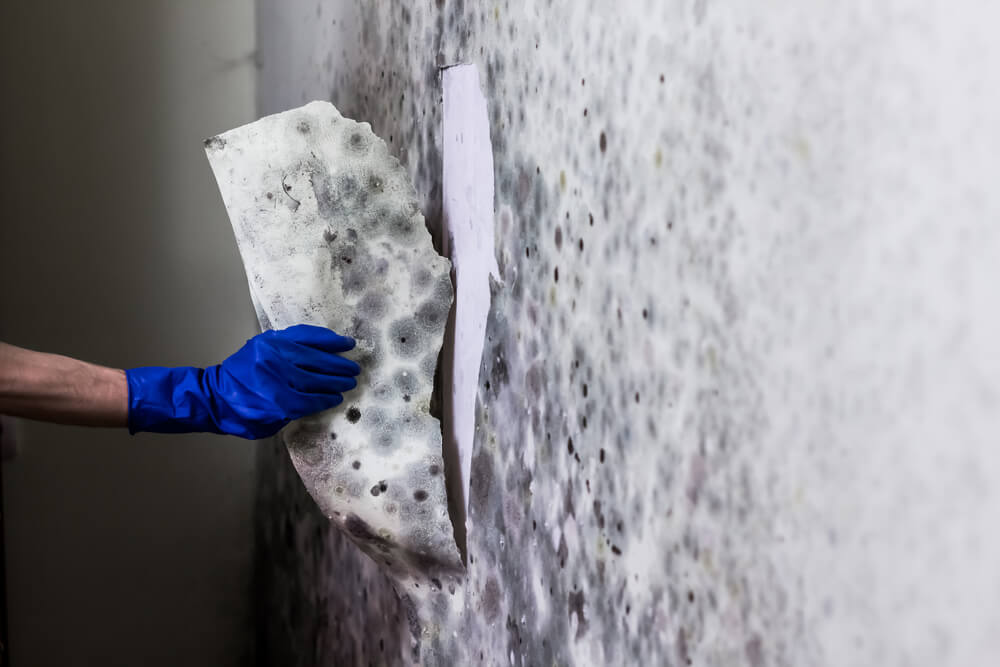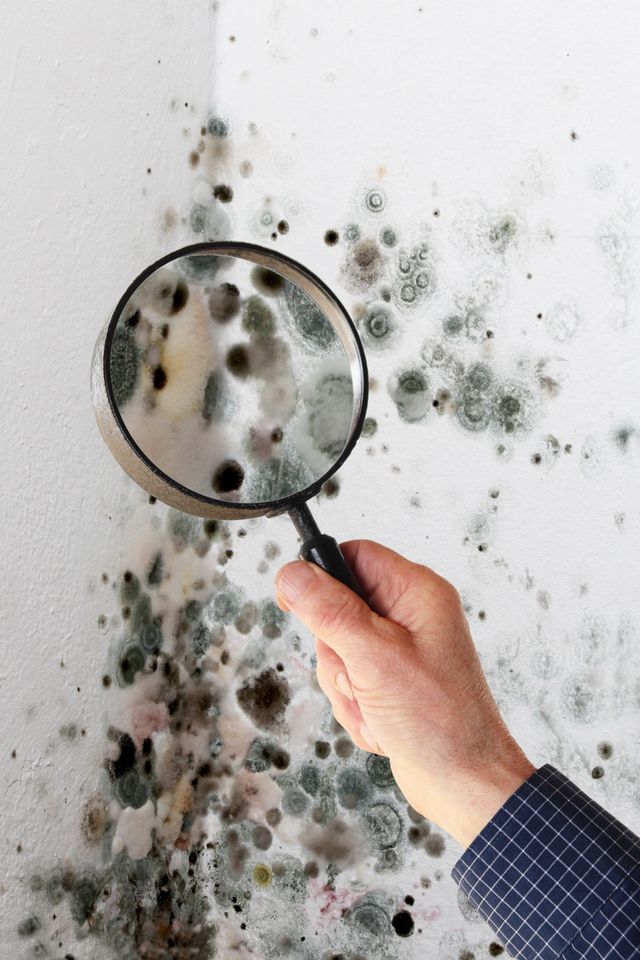Your Ultimate Overview to Blog Post Mold And Mildew Removal Techniques
In the aftermath of mold problem, understanding just how to successfully eliminate the mold and prevent its reoccurrence is paramount for preserving a healthy and balanced interior environment. From picking the ideal cleansing and decontaminating approaches to executing techniques for long-lasting mold prevention, each step in the removal trip plays an important role in making sure a successful result.
Understanding Post-Mold Removal Process
After finishing the mold remediation procedure, it is critical to understand the post-mold remediation techniques that are essential to make sure a efficient and thorough cleanup. As soon as the mold and mildew has actually been gotten rid of, the next action involves cleaning and disinfecting the affected areas to stop any regrowth of mold and mildew.
Additionally, carrying out a last evaluation post-remediation is important to ensure that all mold and mildew has been efficiently removed. This examination should include a comprehensive visual check as well as potentially air sampling to verify the absence of mold and mildew spores airborne. If the assessment exposes any remaining mold, additional removal might be required. Lastly, educating passengers on precautionary steps such as controlling dampness degrees and promptly attending to any type of water leaks can assist preserve a mold-free setting.
Effective Cleansing and Decontaminating Approaches

Stopping Future Mold Growth

Importance of Appropriate Air Flow
Appropriate air flow plays a critical duty in avoiding dampness buildup, a crucial variable in mold and mildew development within indoor environments. Efficient ventilation systems aid get rid of excess moisture from the air, lowering the possibilities of mold spores finding the moisture they need to spread and sprout. Without appropriate air flow, indoor rooms can become a breeding ground for mold and mildew, useful source bring about potential health threats and structural damages.
By making certain appropriate air flow, ventilation systems can also assist in drying moist locations quicker after water damage or flooding events, better discouraging mold and mildew development. what to do after mold remediation. Precede like restrooms, kitchens, basements, and attics where wetness degrees have a tendency to be higher, mounting and preserving efficient ventilation systems is critical in avoiding mold and mildew problems

Surveillance and Upkeep Tips
Given the crucial role that appropriate ventilation plays in protecting against mold development, it is important to develop efficient tracking and maintenance suggestions to make certain the ongoing capability of air flow systems. Monitoring humidity degrees within the home is additionally crucial, as high moisture can contribute to mold and mildew development. By staying proactive and mindful to the problem of air flow systems, home owners can effectively reduce the threat of mold regrowth and maintain a healthy and balanced interior atmosphere.
Conclusion
Finally, post-mold remediation methods are important for making sure a secure and tidy atmosphere. Comprehending the procedure, implementing effective cleansing and disinfecting sites approaches, avoiding future mold and mildew development, maintaining appropriate ventilation, and regular tracking are all vital steps in the removal process. By adhering to these guidelines, you can efficiently get rid of mold and mildew and stop its return, promoting a healthy and balanced living or functioning room for all owners.
In the after-effects of mold and mildew infestation, recognizing how to successfully remove the mold and prevent its reoccurrence is vital for maintaining a healthy indoor setting. When the mold and mildew has actually been removed, the next action involves cleansing and decontaminating the affected areas to prevent any regrowth of mold - Post remediation mold testing near me. After getting rid of noticeable mold and mildew development, it is crucial to clean all surfaces in the affected location to get rid of any kind of remaining mold and mildew spores. To additionally improve mold and mildew avoidance measures, it is important to deal with underlying problems that initially led to mold and mildew development.Given the crucial role that proper air flow plays in preventing mold growth, it is crucial to develop reliable surveillance and maintenance pointers to make certain the ongoing performance of air flow you could try here systems